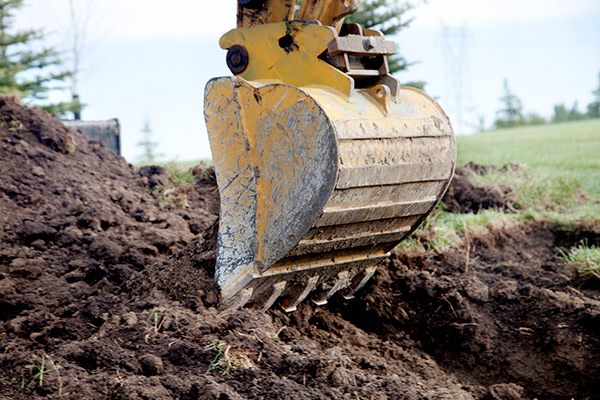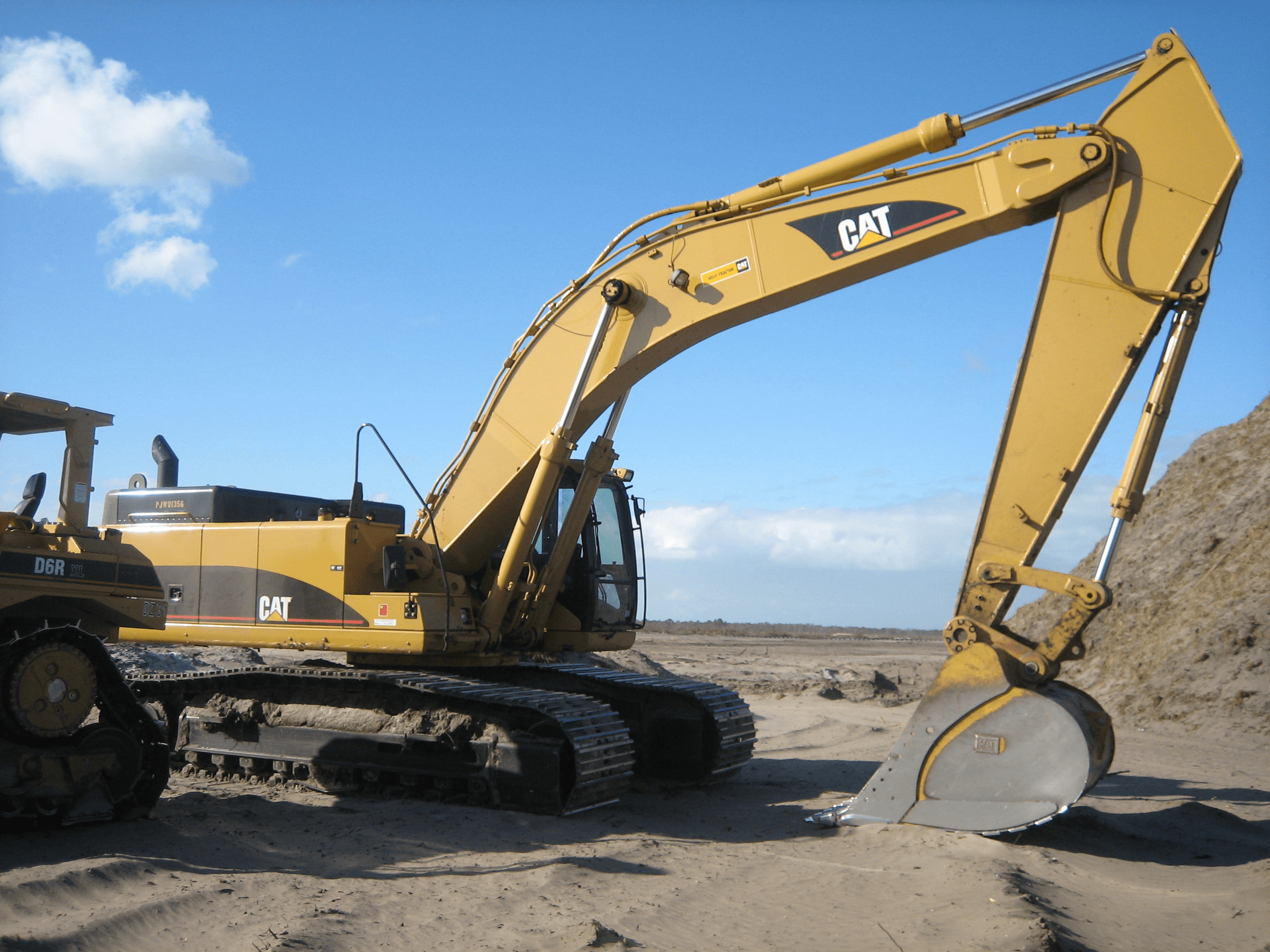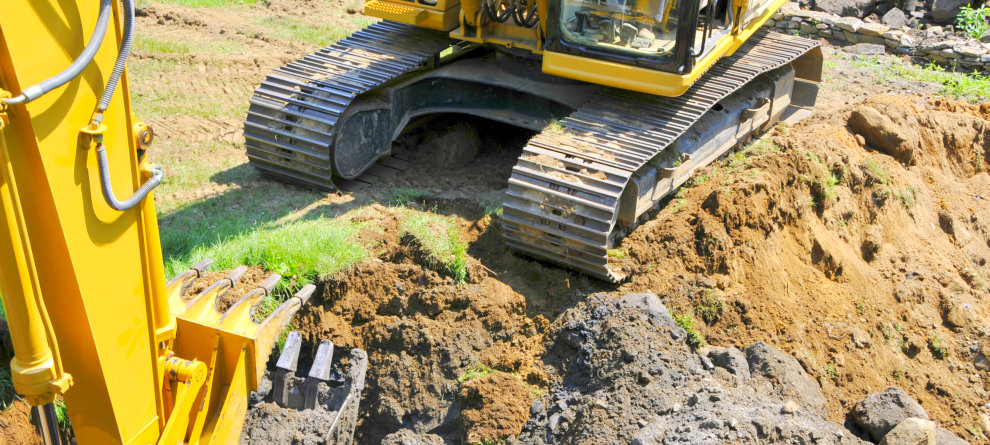Residential Excavating Ohio - Specialized Excavation for Ohio Houses
Residential Excavating Ohio - Specialized Excavation for Ohio Houses
Blog Article
Comprehensive Excavation Strategies: Mastering the Basics for Success
In the realm of construction and civil engineering, the value of reliable excavation methods can not be overemphasized. The careful planning, specific execution, and meticulous interest to detail required in excavation jobs require a thorough strategy that incorporates numerous fundamental aspects. From first soil analysis to the implementation of precaution and normal development tracking, understanding these core aspects is crucial for accomplishing success in any type of excavation endeavor. The true mastery lies not merely in understanding these basics yet in seamlessly incorporating them to navigate the complexities of excavation projects with finesse.
Recognizing Excavation Project Preparation

Effective excavation tasks are improved the structure of careful and thorough preparation. The initial stage of any type of excavation job is the drawing board, where crucial choices are made that can dramatically impact the outcome of the task. During this phase, it is vital to gather all relevant information regarding the website, including topographical studies, dirt make-up, and any potential dangers that may exist. Comprehending the project timeline, budget, and scope constraints is critical for producing a detailed excavation plan that guarantees the task's success.
One secret aspect of excavation task planning is the advancement of a comprehensive timeline that outlines the sequence of activities, deadlines, and turning points. This timeline serves as a roadmap for the job team, permitting them to track progress and make required adjustments to ensure the job remains on schedule. In addition, a distinct budget that accounts for all expenses, including devices leasing, labor prices, and products, is important for staying clear of cost overruns and hold-ups. By meticulously considering all these factors throughout the drawing board, excavation projects can be carried out effectively and properly, resulting in effective results.
Dirt Evaluation and Website Analysis
Conducting detailed soil analysis and website examination is an important action in the preparation stage of any kind of excavation job. Soil analysis involves determining the composition, structure, and residential or commercial properties of the dirt at the excavation website. This info is critical for recognizing the soil's bearing ability, dampness web content, and potential for erosion, which are essential consider identifying the excavation methods and devices required for the job.
Website assessment goes beyond dirt analysis and incorporates a more comprehensive evaluation of the overall site problems. This examination consists of determining any kind of potential hazards, such as below ground energies, environmental concerns, or unpredictable terrain, that might influence the excavation process. By completely evaluating the site, task supervisors can develop efficient excavation methods that focus on safety, effectiveness, and environmental management.
Making use of advanced modern technologies like ground-penetrating radar, dirt sampling, and drone surveys can enhance the precision and effectiveness of soil evaluation and site evaluation. Spending time and sources in these preliminary steps can ultimately conserve time and protect against expensive hold-ups or problems during the excavation process.
Tools Selection and Use
Reliable excavation projects rely greatly on tactical tools choice and utilization to make certain optimum efficiency and efficiency. Selecting the appropriate devices for the work is vital in making best use of effectiveness and decreasing downtime. Factors such as the sort of dirt, deepness of excavation, and task scope play a substantial role in identifying one of the most suitable equipment for the job available.

Along with picking the ideal devices, correct use is key to task success. Operators must be educated to deal with the tools securely and efficiently - lancaster excavation. Normal maintenance checks and prompt repair work aid protect against break downs and make certain regular performance throughout the job
Precaution and Regulations Compliance
In the realm of excavation tasks, prioritizing safety and security procedures and compliance with policies is vital to guaranteeing a secure and legitimately sound functional environment. Safety and security actions include a range of methods, consisting of conducting thorough website assessments, implementing appropriate signs and barriers, and supplying appropriate safety training for all employees involved in the excavation process. Adherence to policies, such as OSHA demands in the United States, makes certain that the excavation job satisfies the essential standards to shield workers, bystanders, and the surrounding environment.

Surveillance Development and Adjusting Approaches
How can project supervisors effectively track the innovation of excavation jobs and adapt their methods appropriately to maximize results? Surveillance progress is vital for guaranteeing that excavation jobs remain on image source track and fulfill due dates. Task supervisors can use various tools and strategies to track development, such as day-to-day progress reports, normal site inspections, and progressed surveillance technologies like drones and GPS tracking systems. By continuously keeping an eye on the job's innovation, supervisors can recognize any type of potential hold-ups or problems beforehand and take positive actions to address them.

Final Thought
In final thought, understanding the basics of comprehensive excavation techniques is vital for the success of any type of task. By recognizing job preparation, examining soil and website conditions, selecting appropriate tools, complying with safety policies, and checking development, task supervisors can make certain a smooth and effective excavation process. Carrying out these strategies will result in successful results and minimize prospective dangers or troubles throughout the excavation project.
The initial stage of any type of excavation job is the preparation stage, where vital choices are made that can dramatically influence the end result of the task. Comprehending the job range, timeline, and budget plan constraints is crucial for developing a comprehensive excavation plan that makes certain the job's success.
Exactly how can forecast supervisors efficiently track the development of excavation tasks and adjust their strategies appropriately to optimize end results? By very closely keeping an eye on progression and being willing to adapt techniques, project managers can enhance the overall success of excavation tasks.
By comprehending look these up project planning, assessing dirt and site problems, selecting suitable tools, complying with safety laws, and monitoring progress, task supervisors can make sure a smooth and efficient excavation procedure.
Report this page